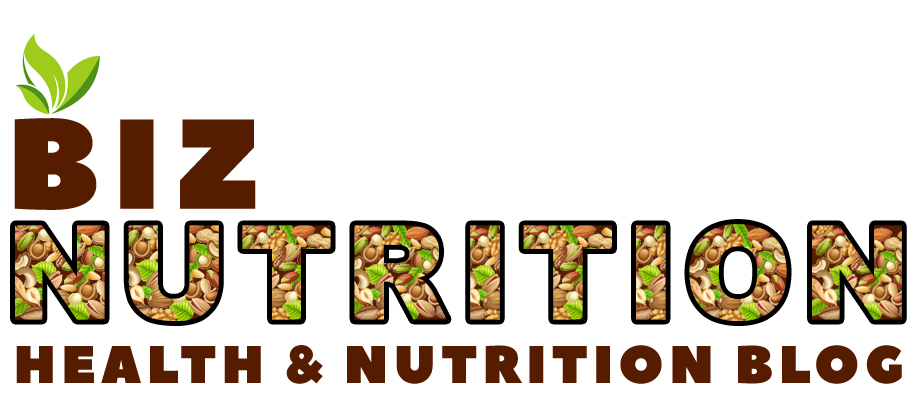
Once considered the domain of grandparents and herbal soups, Traditional Chinese Medicine (TCM) in Singapore is quietly undergoing a revival. Younger generations are turning to acupuncture, herbal remedies, and holistic diagnostics because these age-old treatments seem to work. Let’s explore how TCM fits into modern life, the logic behind its treatment strategies, and why this ancient system might be your unexpected ally in optimising everyday performance.
Why TCM Practitioners Ask So Many Questions
Walk into any reputable clinic providing TCM in Singapore, and you’ll notice something different from your typical GP visit: the consultation. Before prescribing anything, practitioners often spend time getting to know your sleep patterns, bowel habits, mood swings, and even your stress levels. It’s part of a structured diagnostic method known as syndrome differentiation or “bian zheng” in Mandarin.
Rather than treat a symptom directly, TCM works by uncovering the root imbalance within the body. Practitioners approach treatment decisions with a multi-faceted framework. They assess your body’s internal environment, your constitution (known as “ti zhi”), and your lifestyle before recommending acupuncture or herbal remedies. This decision-making process helps personalise treatments and avoid generic prescriptions.
For instance, two people with chronic fatigue might receive very different treatments. One might have qi deficiency, while the other may have liver stagnation. These diagnoses influence which acupuncture points are used, what herbs are prescribed, and what lifestyle shifts are encouraged. This methodical, person-first framework often resonates with individuals who’ve felt dismissed or overgeneralised by more conventional, one-size-fits-all solutions.
How Acupuncture Improves Modern Productivity
If you think the best acupuncture in Singapore is reserved for pain relief and fertility support, think again. Increasingly, urban professionals are booking appointments for one key reason: mental clarity. Yes, that 30-minute acupuncture session is being rebranded in some circles as the quiet reboot button for overworked brains.
In Singapore’s high-performance work culture, burnout is common, and the search for efficient recovery methods is constant. Acupuncture sessions can be active recalibration sessions. By targeting points related to the nervous system, circulation, or digestion, acupuncture may support better sleep, sharper focus, and improved energy levels. In TCM theory, this works by restoring balance in qi (vital energy), encouraging smoother flow along meridians (energy pathways).
Scientific research, while still building, does offer some support. A study suggested that acupuncture can modulate stress responses by influencing the autonomic nervous system. For office workers and creatives in Singapore who’ve tried every productivity hack, acupuncture may offer a body-based alternative that doesn’t rely on caffeine or stimulants.
Some users even describe post-session effects as “brain fog lifting” or “a reset without effort.” While experiences vary, what’s notable is how seamlessly this traditional practice fits into 21st-century life. It is a silent contributor to better performance.
TCM as a Quiet Lifestyle System
Beyond clinic visits, what makes TCM so enduring is its integration with lifestyle. For many in Singapore, especially those raised in multi-generational households, small rituals are second nature. These practices are subtle yet deeply woven into daily routines, often without fanfare.
The beauty of TCM offers long-term support that adapts to your lifestyle, rather than demanding a complete overhaul. Practitioners often combine acupuncture with dietary suggestions and gentle lifestyle modifications. This low-pressure approach appeals to people seeking gradual, realistic change.
For students dealing with exam stress, young professionals tackling insomnia, or athletes recovering from intense training, TCM provides complementary support without forcing dependency. Herbal remedies can work alongside Western medications, and acupuncture sessions can be slotted in between meetings without disruption.
This seamlessness is what sets the best acupuncture in Singapore apart. It complements what you’re already doing, nudging you gently toward better balance and resilience.
The Quiet Power of TCM in the Age of Speed
In a world increasingly driven by instant fixes and fast results, the quiet, process-oriented approach of Traditional Chinese Medicine might seem out of sync. But perhaps that’s precisely why it works. As stress, poor sleep, and lifestyle-related imbalances become modern epidemics, more people are rediscovering TCM’s steady, thoughtful methods as essentials. Whether seeking pain relief, sharper focus, hormonal balance, or a system that sees you as a whole person rather than a checklist of symptoms, TCM in Singapore is worth a second look. The best acupuncture experiences educate, integrate, and invite you to slow down and tune in. If you’ve been curious but unsure where to start, consider your next health decision not as a drastic shift, but as a quiet realignment.
Book a consultation at NovaHealth TCM Clinic today to learn more.

